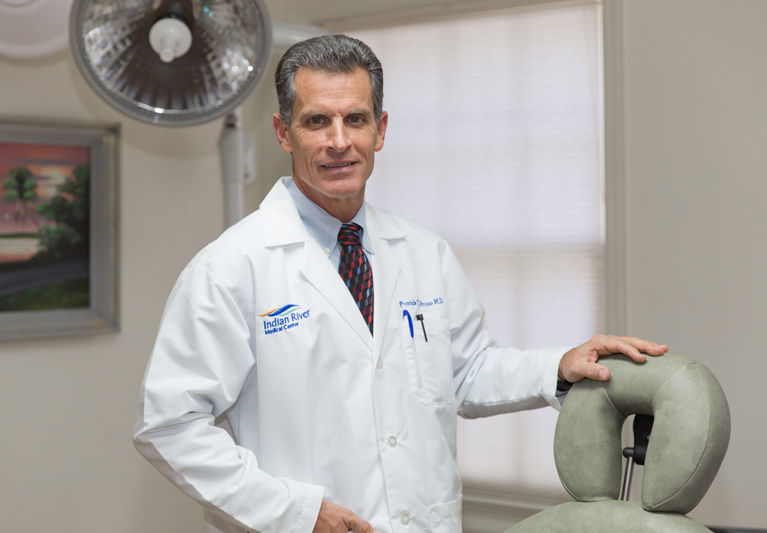
Only about 2 percent of the U.S. population – some 6.5 million people – are redheads, but redheads account for 16 percent of melanoma patients.
Scientists have long known that red-haired people have an increased risk of developing skin cancer, and that a gene variant is the culprit. Now, researchers from the Wellcome Trust Sanger Institute in England have discovered the danger associated with the “red-haired gene” can also affect non-redheads.
Though it is often a person’s crowning glory, red hair is technically a mutation. The MC1R gene provides instructions for making a protein involved in the production of melanin, a substance essential for controlling pigmentation of the eyes, skin and hair. There are two types of melanin; mutations found in a redhead’s MC1R gene causes an abundance of pheomelanin, the type of melanin that does not protect against the sun’s rays.
Prior to the Sanger Institute study, it was thought that having too much pheomelanin was the sole reason for the increased risk of skin cancer in redheads. The new study shows other mechanisms also come into play. In a nutshell, the MC1R variant might alter or interfere with other pathways, causing tumor mutations.
Dr. Patrick Ottuso, M.D., a Vero Beach dermatologist and fellow of the American Academy of Dermatology, says “there are definite associations between these mutations and the risk of developing malignancies, as these mutations can affect a person’s immune response, the number of moles they have, and even how DNA damage from ultraviolet light is repaired.”
The researchers studied tumor DNA sequences from more than 400 patients around the world, and found that people who carried the MC1R gene variant displayed 42 percent more sun-associated mutations in their tumors than those without the variant. A sun-associated mutation occurs when the DNA in our skin cells is damaged by ultraviolet light and creates new genetic mutations that may lead to the production of cancerous cells.
As an aside, a DNA lab in Scotland says that every person in the world who carries any form of the red hair gene variant is a direct descendent of the first person to ever have it – he or she lived some 70,000 years ago in what is now West Asia. (Scotland’s redheaded population is about 13 percent, and the red-hair gene is a topic of much interest in that country.)
As important as it is to better understand how skin cancer develops in redheads, the team’s findings go beyond that. People have two copies of most genes; redheads have the MC1R variant on both copies of that gene. Dr. David Adams, joint lead researcher of the study, says “unexpectedly, we also showed that people with only a single copy of the gene variant still have a much higher number of tumor mutations than the rest of the population.”
Up to 25 percent of caucasians in the United States carry a single copy of the variant, making them a “red-hair carrier” and putting them at higher risk for skin cancer mutations, even though they do not have read hair.
The red-hair gene is recessive, so if two carriers have a child, their chance of having a redheaded child is 1-in-4. If both parents are redheads, they each have two copies of the red-hair gene, and their child will definitely be a redhead.
Vero’s Dr. Ottuso says, “While further study is needed, I do believe that those with variants of such genetic markers should be monitored more closely than those who lack such mutations. In addition, environmental factors such as outdoor activity, use of tanning beds, and blistering sunburns must also be factored into the equation.”
Dr. Ottuso says there are tests physicians can order from reputable laboratories that identify and isolate genetic markers of melanoma and other forms of cancer.
If you are so inclined, there also are genetic tests available online that decipher your MC1R gene and identify if you carrying a red-hair variant. One we came across is called the RedTracer DNA Test; information can be found at www.myredhairgene.com.
The results of the Sanger Institute research were published in the scientific journal Nature Communications and reinforce the importance of red-haired people (and people who are carriers) to be ultra-cautious about sun exposure. The team hopes that the results will help to more easily identify people at risk of developing skin cancer.
Dr. Ottuso’s practice is part of Vero Beach Dermatology, located at 1955 22nd Ave; the phone number is 772-299-0085.



